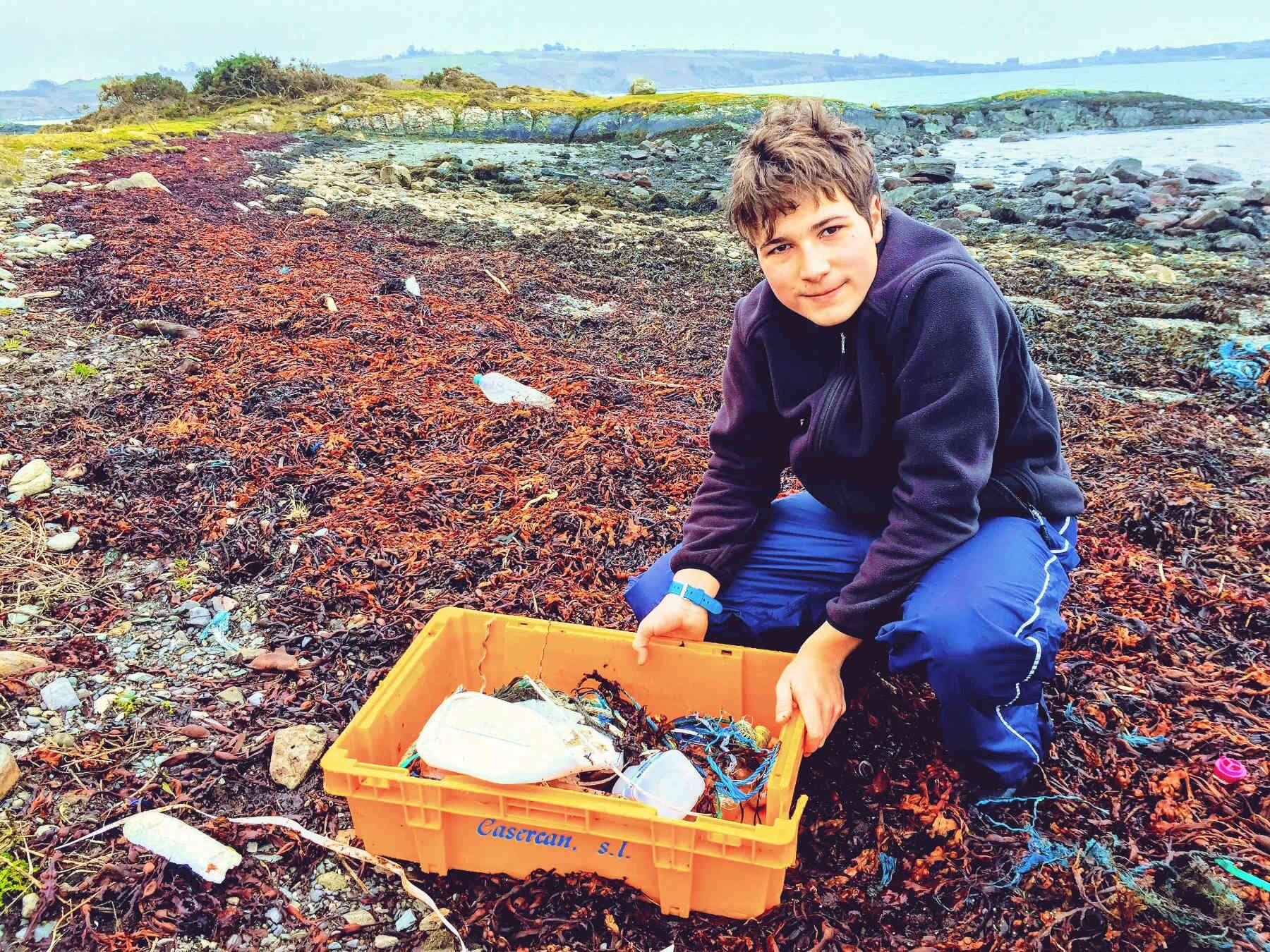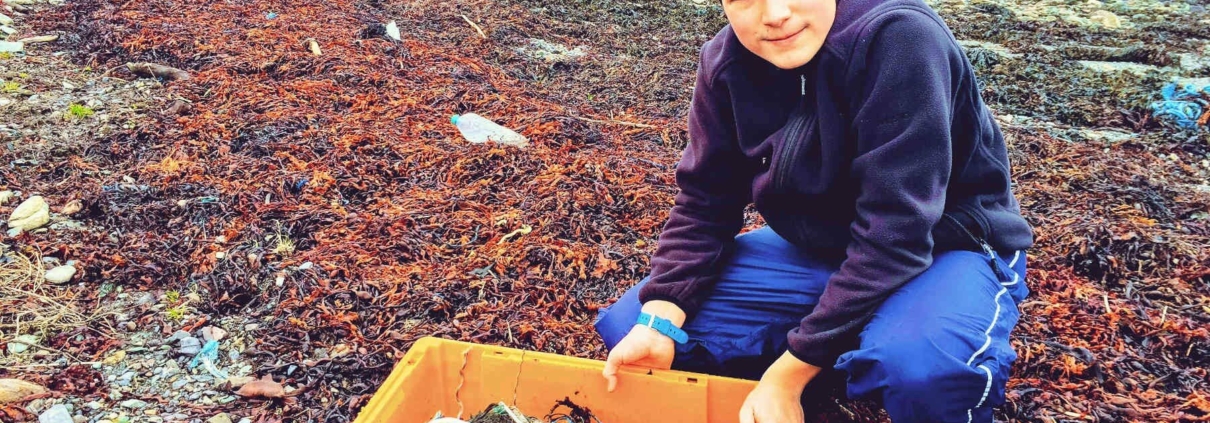Trust Someone Under 30
When I was a child, the popular catch phrase inspired by hippie culture was “don’t trust anyone over thirty.*” I am now more than twice that determinant age. I return to that axiom as I have increased my faith in the ability of younger people. In fact, our offspring’s leadership is necessary to our survival. Perhaps we should now say, “You’d better trust people under thirty!”
Who prompts my faith in young leadership? Greta Thunberg at age 16 is the inspiration for worldwide climate strikes. The teen survivors of the shooting at Marjory Stoneman Douglas High School in Parkland, Florida are the strongest advocates for gun control laws. Perhaps the most famous youth activist is Malala Yousafzai the youngest Nobel Prize laureate in history recognizing her work on for the education of girls. Around the world, young adults and even children engage as social, political, and economic actors, demonstrating their capacity to improve the world.
Here are a few thoughts that young people might be considering. 25% of all gun deaths in the United States are children under 18. Health insurance coverage, critical to securing a child’s healthy development, is not available to 4 million American children. Shortsighted, archaic climate change notions imperil the future of our planet and human kind.

Fionn Ferreira collecting plastic waste
Quality education is the best antidote to poverty, intolerance and oppression. Knowledge is also the key to our future. Here’s the product of good education.
18-year-old Fionn Ferreira, was kayaking one day when he spotted a rock covered in oil from a recent spill. Clinging to the oil was a bunch of tiny pieces of plastic. It got him thinking, in chemistry, like attracts like. Plastic and oil are nonpolar, making them likely to stick together in nature. Because microplastics are so small — some as tiny as grains of sand — scientists have had a hard time figuring out to remove them from the soil and the sea. This Irish teenager has come up with a promising solution for this seemingly impossible task — a magnetic liquid that attracts microplastics to itself. The liquid already exists, developed to keep rocket fuel flowing in zero gravity. Ferreira makes a more environmentally friendly version of the liquid using recycled vegetable oil. The method removed 88% of the microplastics in his test samples.
As we read to the end of the Torah each fall, we are reminded that concern with the future is a central tenet of Jewish values. Torah’s laws and values were not merely given to those assembled at Sinai but to all generations. Moses recounted God’s perpetual intention for Torah saying: “I make this covenant, with its sanctions, not with you alone, but both with those who are standing here with us this day before the LORD our God and with those who are not with us here this day.” (Deut. 29:13 – 14). Even those not yet born are intended beneficiaries of our partnership with God. Upholding the covenant transmits the values that safeguard the future: from God empowering Adam to be caretaker for the planet, to the oft repeated directive to protect widows and orphans, and on to the thematic Deuteronomic urging that we choose life. “Choose life so that your offspring may thrive” (Deuteronomy 30:19).
This belief system is given over as Moses ends his tenure as leader in favor of his younger successor, Joshua, when the Israelites are about to enter their promised land. We learn that even at the most critical moments the future not only belongs to young people but also must be shaped by younger leaders.
Perhaps the keys to a better future are best placed in the hands of those who are most affected. The future should be theirs to design. The young leaders of today are already successful advocates on existential issues for the future.
I am inspired by the young adults from this community who are leading the way on caring for the stranger, helping the disadvantaged, ending corruption. They are Kerry Brodie of Emma’s Torch, Max Levitt of Leveling the Playing Field, and Rabbi Michael Pollack of March on Harrisburg.
Young people are shining the brightest light to illuminate the way forward. Older generations do well to follow their lead and support their causes. Otherwise we have no answer to offer future generations who will ask why we did so little to reverse global warming, enact gun ownership proscriptions, provide universal health care and secure a good education for all children.
Just as Deuteronomy comes to a close with the poem song, Haazinu, I offer the Debbie Friedman song that linked the goals of young and old alike as a closing prayer:
“And the old shall dream dreams, and the youth shall see visions,
And our hopes shall rise up to the sky.
We must live for today; we must build for tomorrow.
Give us time, give us strength, give us life.”
Rabbi Evan J. Krame
*The phrase “don’t trust anyone over thirty” was coined by Jack Weinberg of California.






 Evan J. Krame was ordained as a rabbi by the
Evan J. Krame was ordained as a rabbi by the